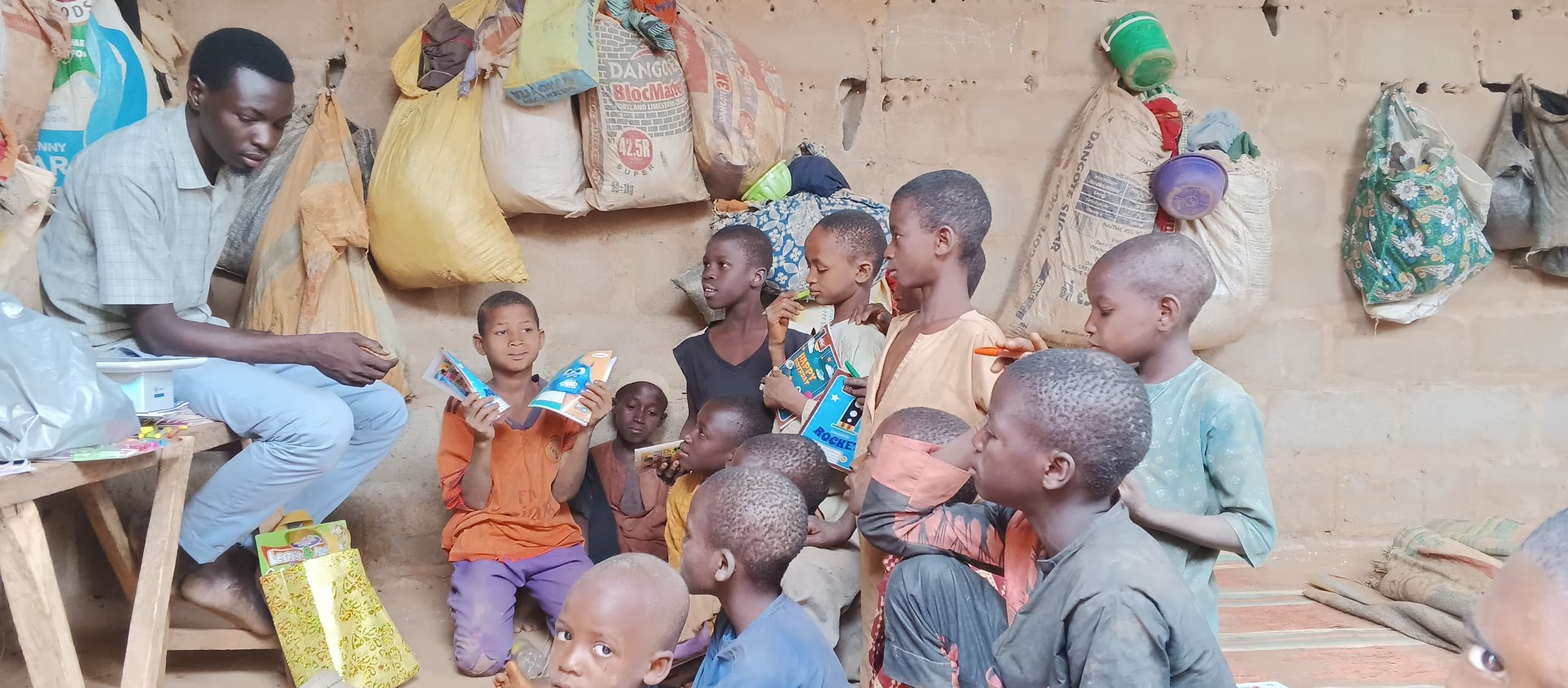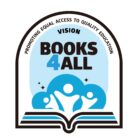
Orphaned by Tradition: Almajiri Children's Educational Struggle
Article by Anas Abubakar
The Almajiri system, a centuries-old Islamic educational tradition in northern Nigeria, has become a significant social challenge in contemporary times. Originally intended to provide Islamic education to young boys, the system has morphed into a complex social problem intertwined with poverty, lack of child guardianship, and a major barrier to basic education for millions of children. The Almajiri children often found begging on the streets, are caught in a cycle of neglect and missed opportunities to prepare for the future.
The Guardian Conundrum
One of the most critical barriers preventing Almajiri children from attending formal schools is the absence of guardians who will take responsibility for their welfare. In many cases, Almajiri children are sent away by impoverished families who hope that Islamic scholars (Mallams) will provide for their education and sustenance. However, the reality is often starkly different. The Mallams, themselves frequently struggling with limited resources, cannot adequately provide for the children’s basic needs. As a result, these young boys are forced to beg for food and money, wandering the streets instead of sitting in classrooms.
Government Efforts and Limitations
Despite the Nigerian government’s commitment to providing free basic education, enrolling Almajiri children in formal schools remains a formidable challenge. The education system is structured to require parental or guardian support and participation in the process of the children’s education. Without guardians to ensure these children’s regular attendance and provide the necessary support, many Almajiri children are left out of the educational framework.
Today, Nigeria is one of the top countries with the largest population of out-of-school children, although there is a discrepancy in the various data sets illustrating the size of the population, (UNESCO: 20.2 million in September 2022, Federal Ministry of Education: 6.9 million in May 2022, and Federal Ministry of Education: 10.2 million in November 2021). Despite the data inconsistency, it is clear that Nigeria has a significant number of children aged 8 to 18 who are out of school. The question remains who are these children and why are they not attending schools?
Although there are no official figures regarding the population of Almajiri children, it is safe to estimate that they form a significant part percentage of the out-of-school children in Nigeria.
Efforts to integrate Almajiri children into the formal education system have been met with limited success. Various government initiatives have aimed to merge Islamic and Western education, creating a more holistic curriculum that respects cultural and religious contexts while providing essential literacy and numeracy skills. However, these initiatives often fall short due to the underlying absence of a responsible guardian to provide for the children’s needs.
The Cycle of Neglect
The lack of responsible guardianship creates a vicious cycle of neglect and poverty. Almajiri children, deprived of formal education, are left with limited prospects for the future. Without formal education, their opportunities for gainful employment are significantly reduced, perpetuating the cycle of poverty. Moreover, their constant exposure to the streets and lack of supervision makes them vulnerable to various forms of exploitation and abuse, further diminishing their chances of breaking free from this cycle.
Community and Non-Governmental Interventions
In response to this pervasive issue, various community-based and non-governmental organizations (NGOs) have stepped in to fill the gap. Programs like Vision Books4All, which uses nutrition and weekly feeding to incentivize Almajiri children to attend classes, are making significant strides. By addressing the immediate needs of these children, such initiatives provide a bridge towards the possibility of consistent education. The provision of meals not only attracts the children to attend classes, but also alleviates some of the burdens on the Mallams, making it easier for them to support the children’s education.
Vision Books4All Education Initiative is one of the few non-profit organisations that are intervening in the lives of the Almajiri children, through the Almajiri Literacy program, we are providing Almajiri Children with Foundational Literacy in English, Hausa (their native mother tongue), foundational numeracy and personal and environmental hygiene management. We believe that literacy will open the gateway to their future, widening the horizon of their prospects and introducing them to the foundations of formal education.
A Call to Action
Addressing the unique challenges faced by Almajiri children requires a multifaceted approach. While the government’s role in providing free basic education is crucial, it must be complemented by robust support systems that address the guardianship and welfare gaps faced by Almajiri children. Community involvement, NGOs, Initiatives, and innovative incentive programs are essential components of a comprehensive strategy to ensure these children receive the education they deserve.
To break the cycle of neglect and provide a brighter future for Almajiri children, there must be a concerted effort to create sustainable support systems. This includes not only integrating the Almajiri system and formal education systems, but also ensuring that these children have responsible guardians who can oversee their welfare. By doing so, we can unlock the potential of millions of young minds, paving the way for a more educated and prosperous society.
Join us, Volunteer with us, or donate to us to sustain our efforts in bridging the gaps of neglect and deprivation for education of the Almajiri children.
Article written by

Anas Abubakar
CoFounder/President,
Vision Books4All Education Initiative
